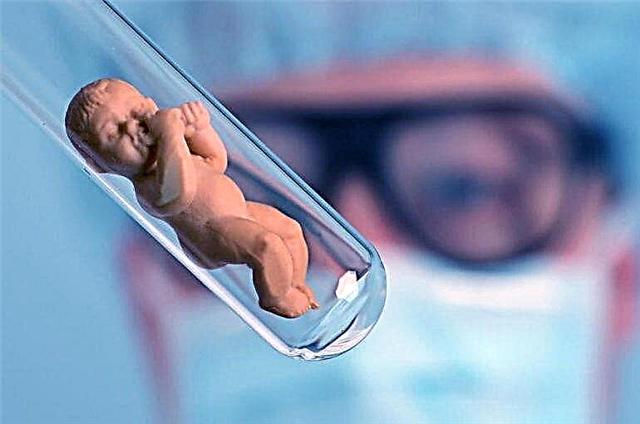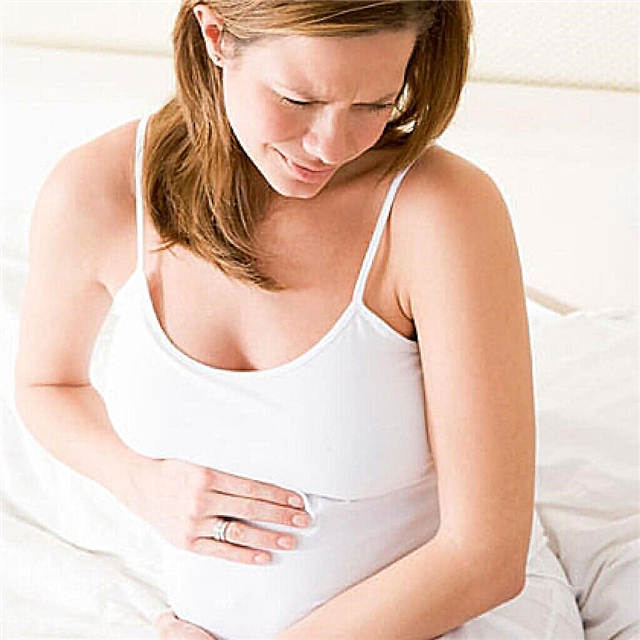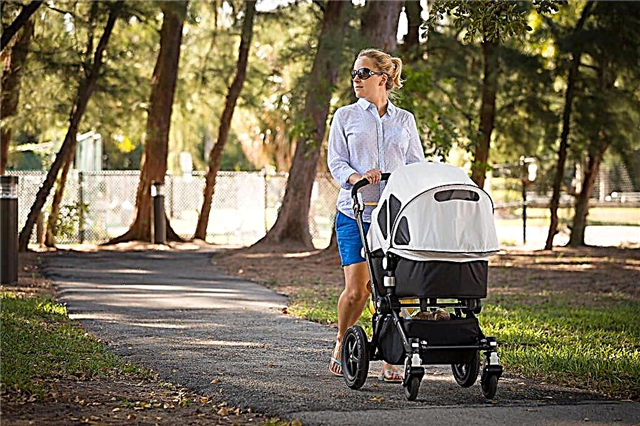Seeds (most often sunflower) are one of the favorite foods for the vast majority of women. It contains many trace elements, vitamins and amino acids necessary for an adult. Since each of these elements can have a certain effect on the child's body, you should figure out whether it is possible for a nursing mother to use them. Below we list all the features of seeds that every nursing woman needs to know.

Benefits of sunflower seeds for breastfeeding
- Sunflower seeds are a powerful antidepressant that soothes the nervous system of the new mother. During the period of hepatitis B, when the use of drugs is undesirable, it is especially relevant. Vitamin A contained in it and transmitted with breast milk has a calming effect on the baby. Seeds will also make your mother's nails and hair stronger and her skin smoother and tighter;
- Vitamin D contained in the seeds has a beneficial effect on the physical and mental development of the baby;

- The sunflower core contains proteins, iron and calcium, which is necessary only for a woman who has given birth. This is especially true of the calcium that she shared with the baby, and which she needs to replenish;
- It is advisable to consume seeds during the hepatitis B period for women suffering from malfunctions in the genitourinary and cardiovascular systems;
- Experts advise adding seeds to your diet for women who have problems with breastfeeding, as they contribute to the release of milk (see the article on lactation). At the same time, its fat content rises, so if everything is all right with you with GW, do not overdo it;
- Sunflower kernels have a psychological effect. If a nursing mother is having difficulty quitting smoking, it is better for her to replace this addiction with eating seeds. Whenever you feel like taking a puff, grab them. After a while, you will feel that the craving for smoking leaves you.
Harm of sunflower seeds with HS
- Sunflower kernels can act as an allergen. If suddenly a rash appears on the baby's body, try to exclude seeds from your diet;
- If they are abused in the body of a nursing woman and a child, constipation may occur;
- These seeds can cause colic in the baby's stomach;
- Despite their diminutive size, seeds are high in calories. If a young mother is inclined to be overweight, it is better not to get carried away with them;
- Sunflower kernels harm the tooth enamel, thoroughly brush your teeth immediately after eating them;
- The shell contains a lot of harmful bacteria. In order not to harm yourself and your child, thoroughly fry the seeds and refrain from buying them from grandmothers at bus stops. Nobody knows in what conditions they were cooked;
- It is recommended to refuse salted seeds. With them, breast milk can taste unpleasant for the baby.
What you need to know about pumpkin seeds?
 Despite being less popular than their "black" counterparts, white or pumpkin seeds can also be found on store shelves. They are a storehouse of zinc, which has a positive effect on the organs of vision and reproductive system, hair, skin and immunity. It is also believed that pumpkin seeds are the least allergic.
Despite being less popular than their "black" counterparts, white or pumpkin seeds can also be found on store shelves. They are a storehouse of zinc, which has a positive effect on the organs of vision and reproductive system, hair, skin and immunity. It is also believed that pumpkin seeds are the least allergic.
Usually they are widely used in antihelminthic therapy. They do not clog the intestines and do not irritate its mucous membrane, they are not capable of harming the baby, like a number of drugs of similar action, which makes them an effective tool in the fight against helminthic invasions.
A few words about sesame seeds
This product is good for both mom and newborn. Being dietary, sesame will not contribute to the appearance of excess weight in a woman on HB. It helps to clear blood vessels and reduce the amount of cholesterol in the body.
Sesame is a powerful immunomodulator that protects the body of a mother and her child from a number of harmful diseases and bacteria. It contains a lot of calcium, which is important for bones, teeth, hair and nails.
In order to get only one benefit, it is recommended to eat one teaspoon of sesame seeds daily.
How many seeds can you eat?
It is not recommended to combine grains with any other product: eat them between meals. As for fried sunflower seeds, everything is fine here in moderation: fry them yourself in a minimum amount of oil.
Like any other product introduced into the diet of a nursing woman for the first time after childbirth, it is necessary to start eating seeds small. At first, only 20 grams of grains per day will be enough. Then watch your child for redness, rash, or constipation. If everything is in order with the child, you can gradually increase the "dose".
Subsequently, you can eat about 80-100 grams of grains per day. This will be enough to get from them the necessary amount of healing microelements and vitamins, improve the functioning of the intestines and stomach, prevent the possible occurrence of cardiovascular diseases, thrombophlebitis and worms.
What if you are addicted to seeds?
- If you feel more and more hungry for seeds, it is important to reduce their effects on your body. Eat them no later than 2 hours before GW.
- When experiencing strong cravings for sunflower seeds, first reduce their amount a little, and then replace it with pumpkin seeds.
- In order to overcome addiction, you must first realize and accept it. Think about the harm you are doing to your body and the delicate body of your child by overusing seeds. Often this introspection is enough to free yourself from excessive cravings for husk.
Summarize:
To refuse seeds during breastfeeding or not is a purely individual matter. However, it should be noted that negative qualities are less objective than positive ones. If you have no contraindications, and you have a sense of proportion, then the seeds will give you all their healing substances.
We also read: walnuts while breastfeeding
We watch the video - the benefits and harms of seeds:



